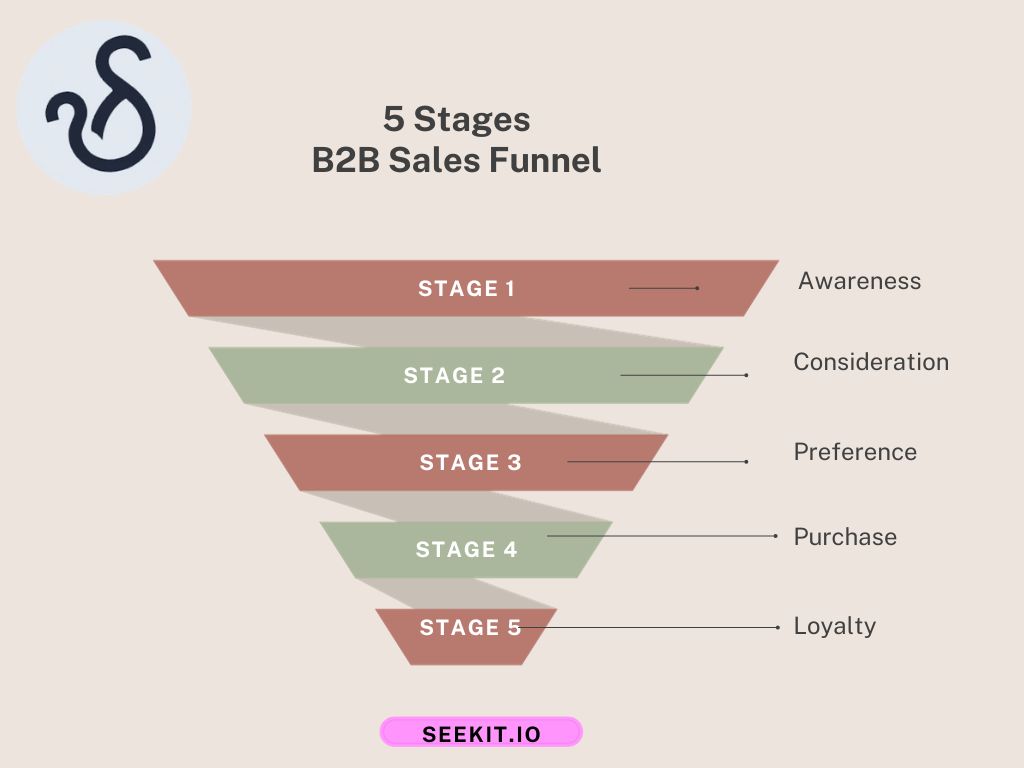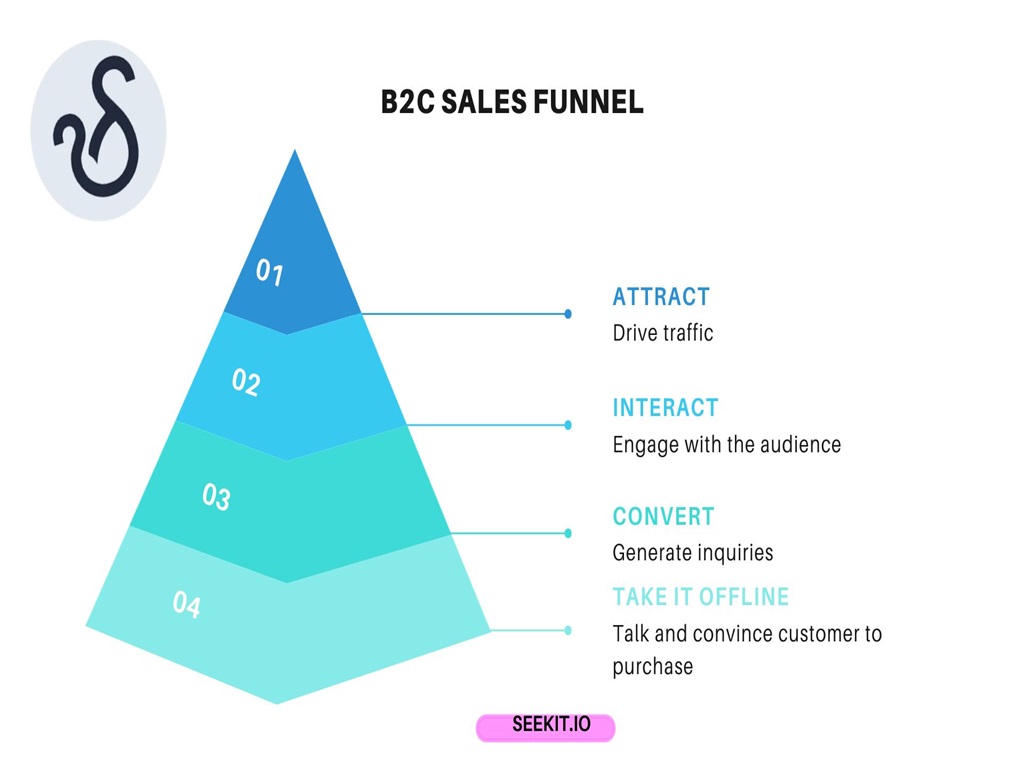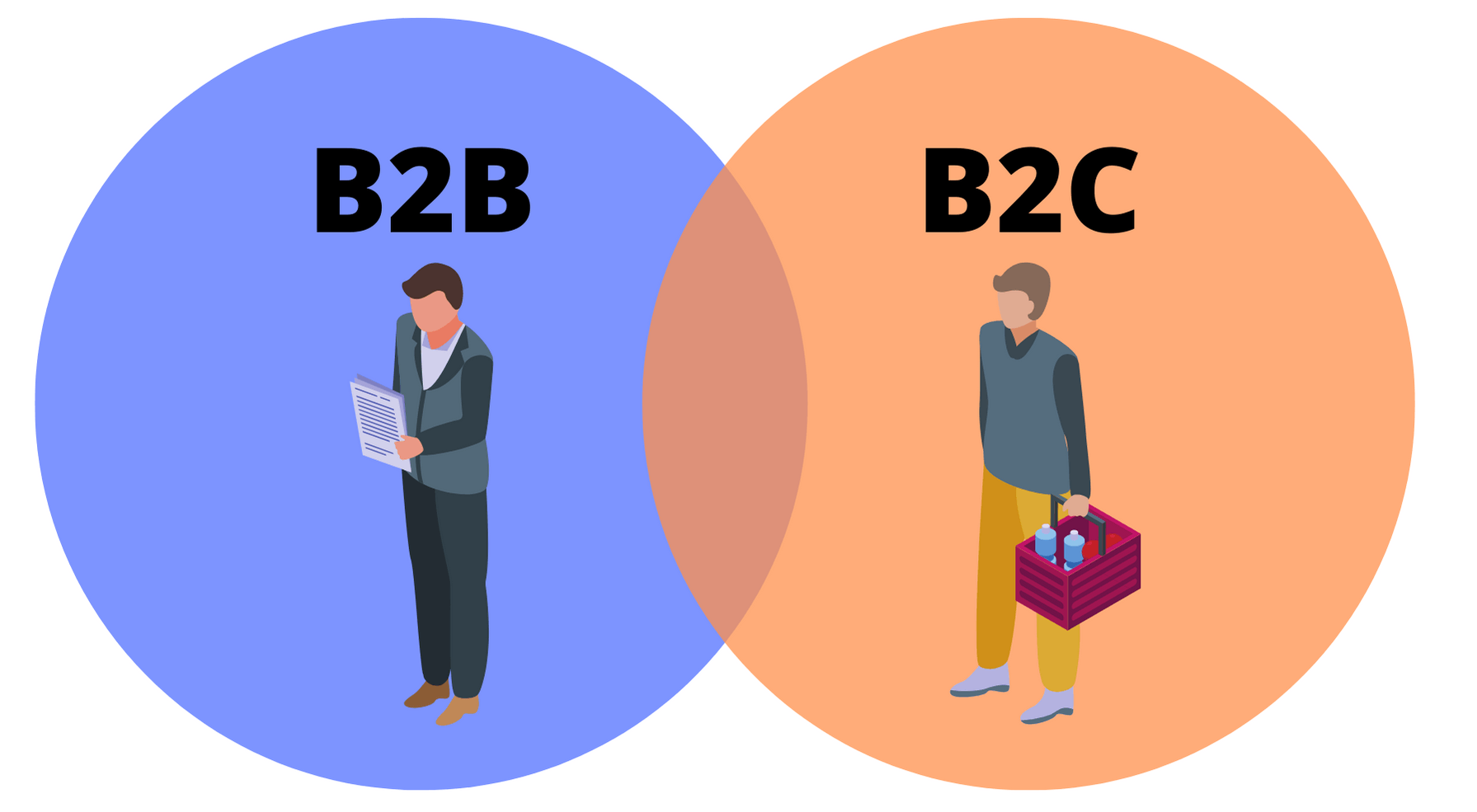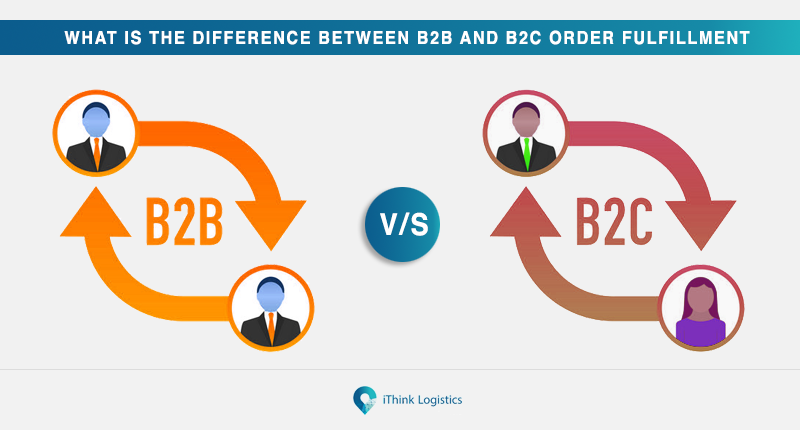The term B2B describes a particular kind of transaction. It takes place between two different businesses. Business to consumer refers to a transaction. It takes place between a business and a final consumer. There is a primary distinction. It is between business-to-business and business-to-consumer sales. The former refers to exchanges. It takes place between different companies or organizations. On the other hand, a B2C transaction takes place between a private customer and a commercial entity.
An example of B2B transactions is when two businesses exchange information. A producer and a wholesaler or a wholesaler and a retailer. They could be the participants in this transaction. Business-to-business refers to business dealings. It takes place between several companies. It is as opposed to dealings between a single company and a single customer. The term business to business distinguishes transactions. It is between businesses from business-to-consumer (B2C) and business-to-government (B2G).
B2C business-to-consumer e-commerce refers to e-commerce models. It includes retail e-commerce and business-to-consumer e-commerce. It involves transactions between online merchants and end consumers. The remaining three basic e-commerce business models are business-to-business (B2B), consumer-to-consumer (C2C), and business-to-business (C2B). One of the four main business models that make up e-commerce is business-to-consumer, or B2C, e-commerce.
What is the difference between B2B and B2C?
In business-to-business transactions, the client is a business entity. In business-to-consumer interactions, the customer is a consumer. B2C is more concerned with the product itself whereas B2B is mostly focused on the interaction with commercial organizations
B2B transactions are typically far longer. It requires more effort than B2C transactions. It happens When it comes to buying and selling.
In a business-to-consumer (B2C) transaction a vendor and a customer have a brief relationship. In business-to-business transactions business partnerships usually last for a long time. Consumers are swayed by their emotions in business-to-business transactions. While in business-to-consumer interactions choices are deliberate and well thought out.
Large amounts of items are traded between businesses. On the other hand business to consumer transactions include the acquisition. It is of a relatively small quantity of goods. Brand value is the result of human connections and trust. It is being built between different commercial entities. This contrasts with B2C. Here marketing and advertising are used to create brand value.
What Certifications and Qualities are needed for B2B?
B2B product managers need to have strong technical, marketing, customer feedback, data management, project management, and market appraisal skills. B2B product managers need to be proficient in a wide range of areas, including marketing, technical work, customer feedback, data management, and project management. Product managers working for business-to-business (B2B) companies ought to put more effort into conducting market research so they can make educated decisions about the introduction of new goods.
In this context, information is acquired by determining the needs of the customer by asking questions about the user base and rivals. They now have an advantage over their competitors as a result. In order to create effective product strategies, B2B product managers need to have a comprehensive understanding of the breadth and depth of their target market. But most of these managers don’t have a defined place to start.

What Certifications and Qualities are needed for B2C?
The B2C Commerce Developer with Salesforce certification happens to be targeted for candidates with previous experience working as full stack developers for the Salesforce B2C Commerce Digital. The B2C Commerce Developer certification happens to be meant for Salesforce partners, customers, and staff members who want to show that they are proficient with B2C Commerce while creating an e-commerce solution. This material is essential for both experienced programmers looking to brush up on their knowledge of Storefront Reference Architecture and inexperienced developers who are just starting to work with Salesforce B2C Commerce.

B2B and B2C: Why is there a rivalry?
Selling products to individual customers is a constant goal shared by business-to-business (B2B) and business-to-consumer (B2C) eCommerce. This is true regardless of the nature of your business in this new battle. However, there are important distinctions between business-to-business and business-to-consumer transactions, particularly when it comes to the kind of market and business strategy that your organization serves. You can better understand the key distinctions between online buying for consumers and online shopping for business-to-business transactions by reading more. Although consumers who shop at retailers and consumers who shop at businesses may have different motivations for their purchases, they are still people. Therefore, in order to create long-lasting relationships with their respective target audiences, B2B and B2C marketers and salespeople must apply psychological principles in an equal manner.
Whereas business-to-consumer (B2C) eCommerce gives all customers equal access to all items and pricing levels, business-to-business (B2B) eCommerce gives customers more exact control over their privacy settings. When working with a large number of clients, a B2B eCommerce provider may apply per-customer restrictions on the visibility of specific properties like product categories, goods (including product variations and choices), pricing points, and payment options.
A significant proportion of business-to-consumer (B2C) transactions have monthly or annual prices that are significantly less than those charged by large B2B commercial software or service providers. It is true that some B2C transactions, like buying luxury goods or cars, do involve high price points. Typically, contract prices in business-to-business agreements fall between six and seven figures. In fact, the average value of a business-to-business transaction is $491, whereas the average value of a business-to-consumer order is $147.
Due to the high cost of B2B transactions and the lengthy history of standard contracts—which frequently require the development of agreement among several stakeholders—B2B consumers require more time to make a purchasing decision.
In response to customer expectations, B2B companies provide more flexibility and variance in terms of real price points and payment alternatives, while B2C businesses use more fixed and conventional processes.
B2B vs B2C: What is better for you?
Should you possess previous experience in the business domain, the “business to business” (B2B) model can be a good fit for you. It’s possible that you are already acquainted with how major corporations make purchase decisions. It’s likely that you are already familiar with several of the challenges that businesses face. After that, you can start working on creating a solution that is specifically designed to deal with that issue.
For someone who enjoys careful preparation and thoughtful consideration over an extended period of time, a job in B2B may be a good fit. Because the sales cycle in business-to-business transactions is longer than in other industries, it is essential to have a longer-term perspective while making purchases. Usually, one would also conduct research on potential clients, closely looking at their areas of concern.
Conclusion
To effectively create tailored marketing campaigns for your customers, you must have a thorough understanding of the differences between business-to-business and consumer-centered marketing. Whatever the type of your business is make sure to make the best decisions using Seekit and take your business to the epitome of success.






